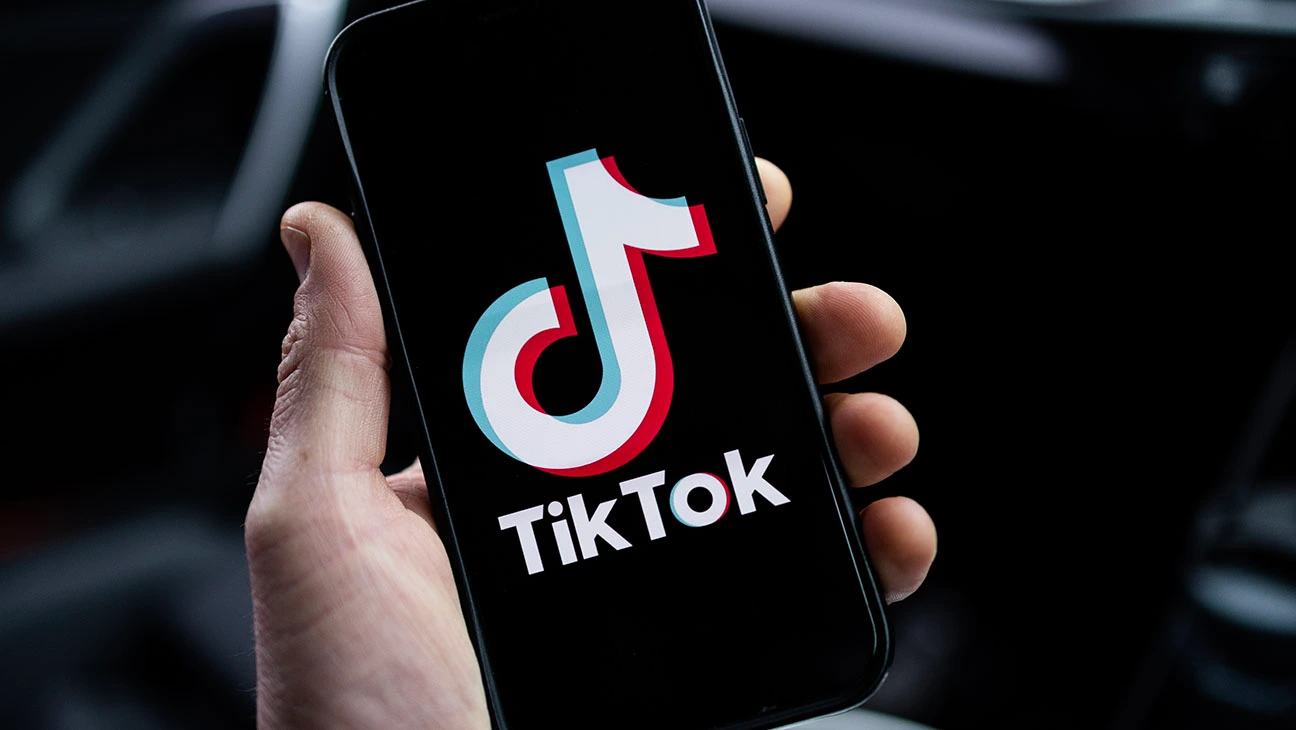Amid growing concerns over security vulnerabilities and potential foreign interference, New York City has joined the ranks of American cities and states in imposing a ban on the use of TikTok on mobile devices owned by government officials. This move reflects a broader pattern of skepticism towards the popular video-sharing app, owned by Chinese tech company ByteDance, and its potential impact on national security.
New York City’s decision to prohibit TikTok’s usage on government-owned mobile devices aligns with a trend seen in several other cities and states across the United States. This wave of bans stems from apprehensions that the app’s connection to China could compromise sensitive information and open avenues for undue influence.
Calls for a nationwide TikTok ban have intensified as the app’s user base in the US surpasses 150 million. The concern is rooted in the possibility of Chinese government involvement and the potential for data collection and manipulation.
Mayor Eric Adams’ administration in New York City explicitly stated that TikTok “posed a security threat to the city’s technical networks,” underscoring the gravity of the situation. The ban’s implementation hinges on the removal of TikTok by city agencies within a 30-day window.
This move aligns with previous actions, such as the prohibition of TikTok on state-issued mobile devices in New York, which aims to mitigate potential security breaches. TikTok has responded by asserting that it safeguards user data and privacy, remaining vigilant against unwarranted data sharing.
Prominent security figures, including FBI Director Christopher Wray and CIA Director William Burns, have been vocal about their reservations regarding TikTok. They highlight the possibility that the app could be exploited to manipulate software on devices and perpetuate divisive narratives, which poses a national security risk.
The ban is not the first time TikTok has been targeted over security concerns. In 2020, former President Donald Trump attempted to impose a ban on new TikTok downloads, but legal challenges prevented its enforcement.
Across various American states and localities, prohibitions on TikTok’s usage on government-owned mobile devices have become increasingly common. Montana, for example, recently passed a law slated to ban the app statewide from January 1, although the legal validity of the law is currently under scrutiny.
A recent Reuters/Ipsos study unveiled that more than half of American adults support a TikTok ban, indicative of the general unease around the app’s security implications. The situation highlights the broader tension between technological innovation and national security concerns, prompting governments to carefully navigate the complexities of a digital age marked by connectivity and vulnerabilities.
New York City’s TikTok ban underscores the ongoing challenges in reconciling digital convenience with national security imperatives. As the debate continues on the implications of foreign-owned apps in sensitive contexts, the actions taken by cities, states, and even entire countries will likely have far-reaching implications for the digital landscape and global cybersecurity.




